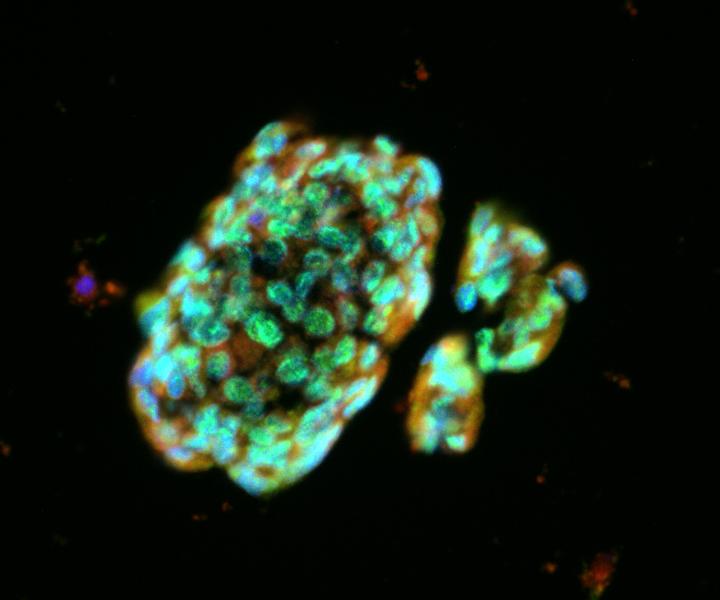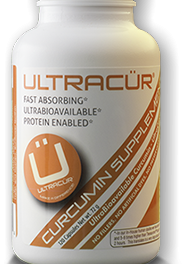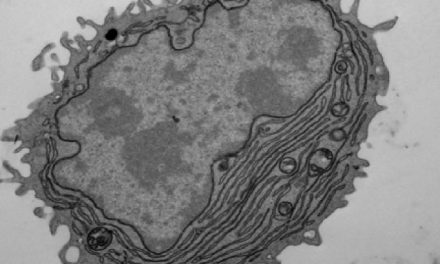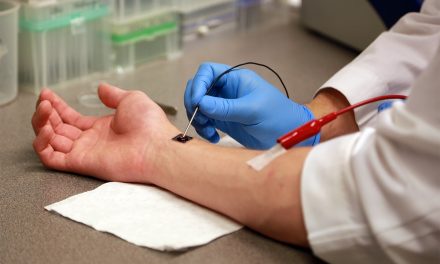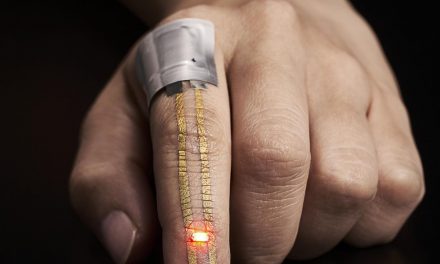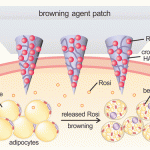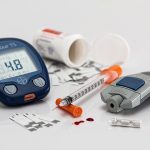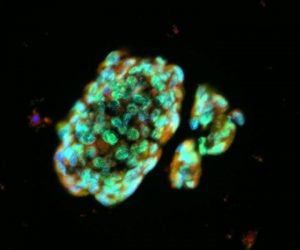
These lung spheroid cells showed powerful regenerative properties when applied to a mouse model of lung fibrosis.
Credit: NC State / UNC
Idiopathic Pulmonary fibrosis (IPF) is a horrible progressive incurable disease in which tissue deep in your lungs becomes thick and stiff, or scarred, over time. The “idiopathic” part of Idiopathic Pulmonary fibrosis means medical science doesn’t really know what causes IPF, which is actually true of many diseases. While one is more likely to get IPF if you smoke cigarettes, it has also been associated with acid reflux disease too, which is pretty scary! The two FDA-approved drug treatments for IPF Ofev (nintedanib) and Esbriet (pirfenidone), are very new and reduce scarring but do not stop the disease from progressing. For now, a lung transplant is the only cure option for the tens of thousands affected by IPF, but it carries a high mortality risk and requires the use of immunosuppressive drugs pretty much forever.
But now a research team from the UNC School of Medicine and North Carolina State University (NCSU) has developed important research towards a possible stem cell treatment just published in the journal “Respiratory Research”. The new stem cell treatment requires withdrawing bronchial airway tissue stem cell biopsy specimens from the person being treated, using a relatively non-invasive doctors office procedure that can be used for a wide range of lung fibrosis diseases, such as idiopathic pulmonary fibrosis (IPF), cystic fibrosis and chronic obstructive pulmonary disease (COPD).
In a second follow-up study by the same team, published in the journal Stem Cells Translational Medicine, they used the same harvesting procedure to get stem cells using a bronchoscope, cultured the lung spheroid cells until they had enough, infused the cells intravenously, and successfully treated rodents that had the same model of IPF as humans.
“Also, the treatment was safe and effective whether the lung spheroid cells were derived from the recipients’ own lungs or from the lungs of an unrelated strain of rats,” co-senior authors Ke Cheng, PhD Lobo & Jason Lobo, MD, said. “In other words, even if the donated stem cells were ‘foreign,’ they did not provoke a harmful immune reaction in the recipient animals, as transplanted tissue normally does.”
Lobo and Cheng are now preparing an application for an initial clinical trial in patients with IPF with the FDA .

